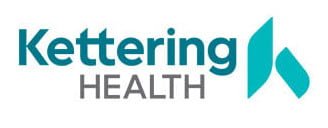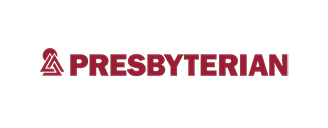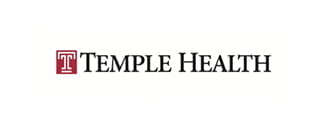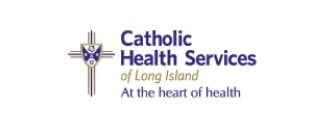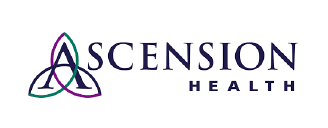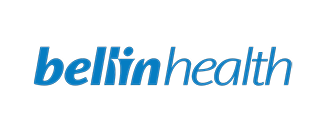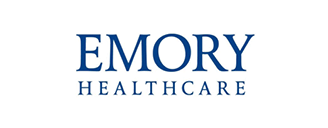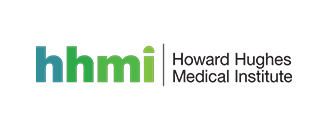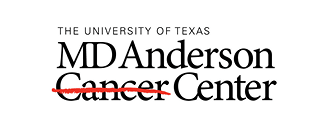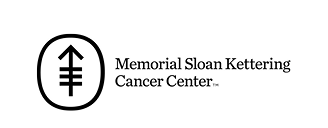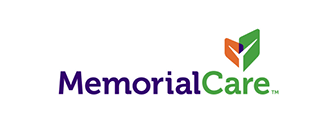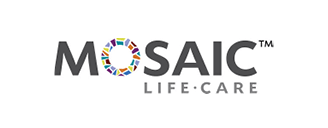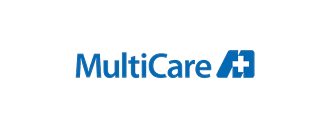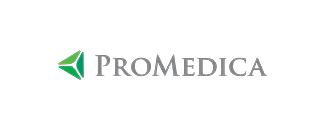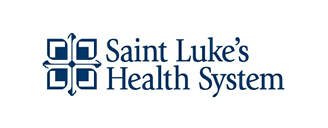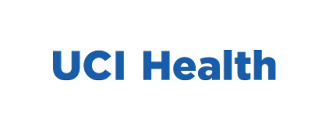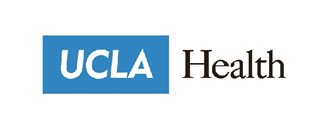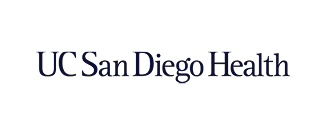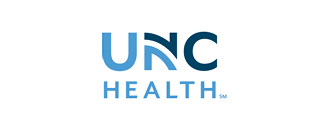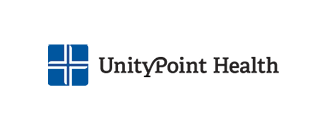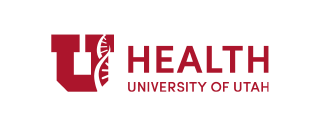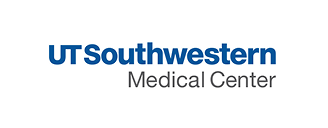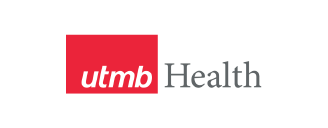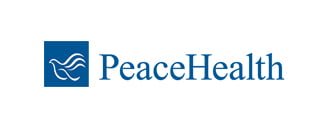Introduction
Specialty pharmacies are unique businesses that provide comprehensive support to their patients beyond just dispensing their medications. At each stage, the specialty pharmacy lifecycle emphasizes patient adherence and outcomes first and foremost.
To achieve this end, there are several pillars to success when establishing and scaling a specialty pharmacy. These include the role of payor contracts, securing and maintaining accreditations, and the importance of effective last mile logistics. Partnerships within the specialty pharmacy ecosystem help facilitate each of these pillars.
In the following article, we discuss the lifecycle of specialty pharmacy. This includes the key considerations of starting, growing, and maintaining the business all while prioritizing enhanced patient outcomes.
Breaking Ground
Because most specialty pharmacies ship highly complex medications directly to their patients, location is a critical consideration for their business. For example, many specialty drugs require temperature control and must be delivered as quickly as possible.
When specialty pharmacist Lauré Montes was hired to establish a Vital Care franchise and home-infusion pharmacy, she spent a considerable amount of time touring potential sites. A key requirement for her was that these locations were near their patient population and easily accessible to them.
Not only does proximity ensure that medications are safely and quickly delivered to patients, but readily available medications also help improve patient adherence to their treatment plan.
When starting from scratch, it’s also important for specialty pharmacies to register for licensure with their state board of pharmacy as quickly as possible. Without it, establishing a new location can be significantly delayed.
Licensure, Contracts, and Accreditation
State licensure often requires specialty pharmacies to have applied for payor contracts at least four to eight months prior to seeking a license.
Payor contracts reimburse specialty pharmacies for the medications they dispense. Pharmacy benefit managers (PBMs) almost always facilitate the contracting process.
PBMs are organizations that serve as mediators between specialty pharmacies and plan sponsors such as Medicare or private health insurance.
The payor landscape is incredibly complex with multiple stakeholders involved. One such complexity is that most payors will not contract with specialty pharmacies until they obtain an accreditation with a recognized accrediting body such as URAC or ACHC.
Accreditation ensures that specialty pharmacy maintains the standards needed to promote the best outcomes for their patients with complex and/or chronic diseases.
Most specialty pharmacies in today’s landscape hold at least one accreditation, with many holding secondary and even tertiary accreditations as well. Specialty pharmacies typically need to renew their accreditation(s) every three years.
Logistics Considerations
Next in the specialty pharmacy lifecycle is building successful shipping workflows. Effective shipping logistics are a critical component for specialty pharmacies who are often working with complex and sensitive medications.
80 percent of new drug approvals are considered specialty with an average value of several hundred thousand dollars per year. The record-breaking value of these drugs means it’s more important than ever to ensure they are delivered safely and efficiently.
Packing, shipping, tracking, and delivering highly complex medications to patients’ homes requires a host of capabilities. These include proper packaging, temperature control, and measures to ensure regulatory compliance throughout the process.
Specialty pharmacies are currently averaging five times as many distribution errors as dispensing errors. This statistic highlights a significant need for further refinement in this area.
In discussing distribution methods with Marc Choquette, Specialty Pharmacy Manager at St. Luke’s Health System in Kansas City, Missouri, the overall strategy was clear: Diversify your delivery channels to reduce the risk of disruption or error.
At St. Luke’s, this involves a mix of three channels:
- National carriers to ship room-temperature and refrigerated medications.
- An in-house driver for local deliveries to closely manage shipping and save costs.
- Courier services for last-minute deliveries or long-distance deliveries with strict delivery times.
Prioritizing Partnership
When we spoke with Montes and Choquette, both agreed that forging the right partnerships is essential to the growth of a specialty pharmacy.
To build a specialty pharmacy from the ground up, Montes needed to work with partners at each step. This included everyone from contractors, lawyers, salespeople, vendors, regulatory bodies, and payors.
For Choquette, the focus was building alliances with the right clinics to improve outcomes more effectively for their patients.
Partners can also help specialty pharmacies gain access to payor networks by serving as advocates and points of initial contact.
Conclusion
Each stage in the specialty pharmacy lifecycle requires careful planning, strategic partnerships, and a relentless focus on patient outcomes.
By prioritizing accreditation, optimizing delivery processes, and forging meaningful partnerships, specialty pharmacies can navigate the complexities of the specialty pharmacy landscape successfully.
With the right approach and support from industry-leading solutions like VPL, specialty pharmacies can make a more meaningful impact on patient care.
About VPL
VPL delivers visibility and resiliency to clinical supply chains. With smarter procurement-through-fulfillment, customers benefit from more insights, reduced costs, and increased transparency and efficiency.
We are the industry’s only smart supply chain platform. We automate inbound and outbound shipping, unlock visibility into critical shipments, and identify freight cost-savings for the entire healthcare ecosystem
With more than 700 hospitals, 6,000+ suppliers, and a 97% customer retention rate, it’s clear that VPL is the company the healthcare industry trusts to deliver savings, insights, and peace of mind.

